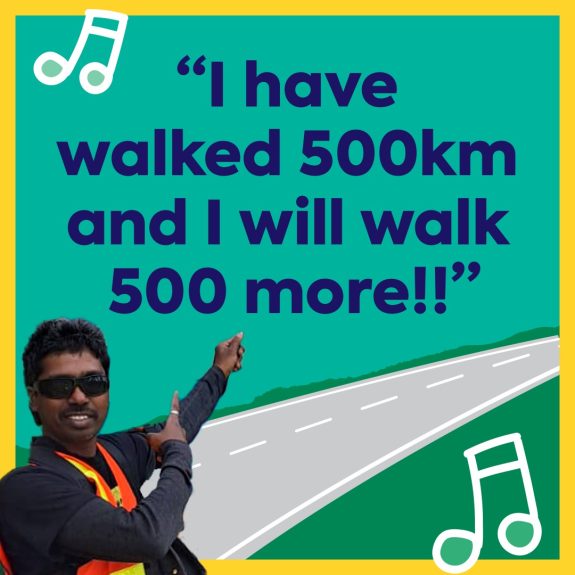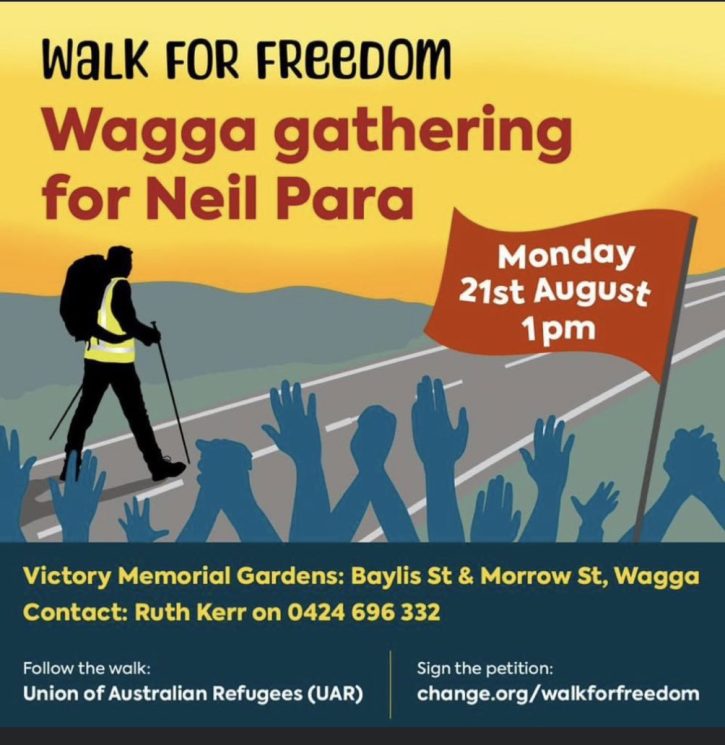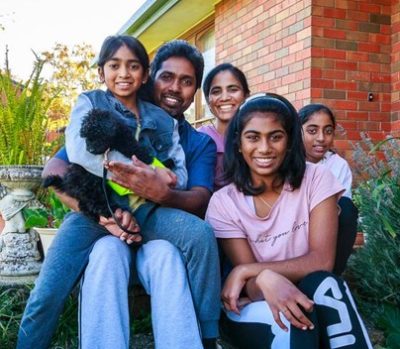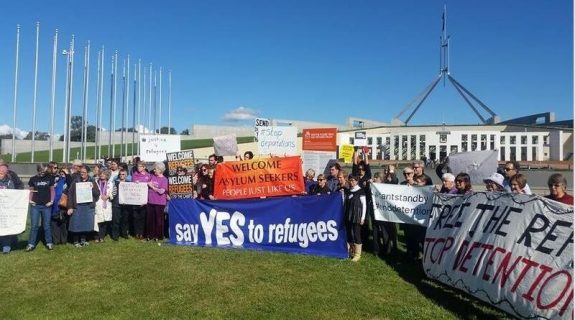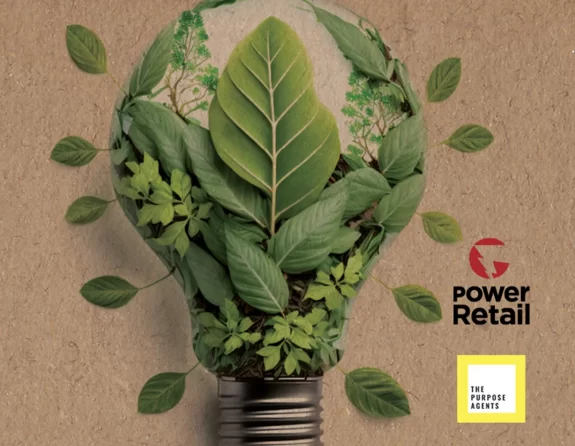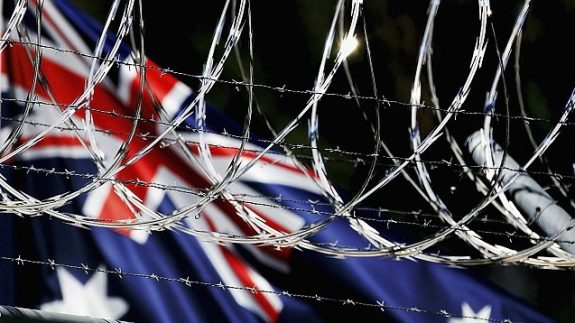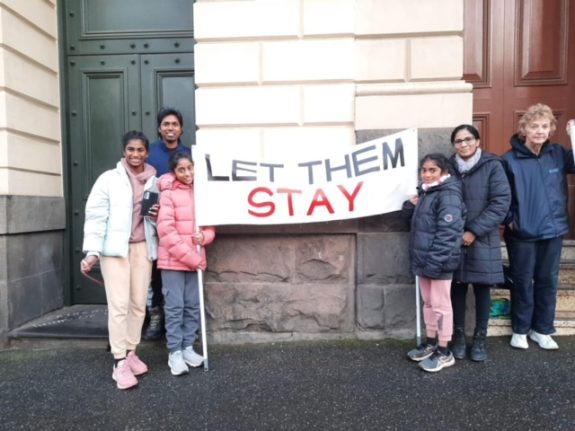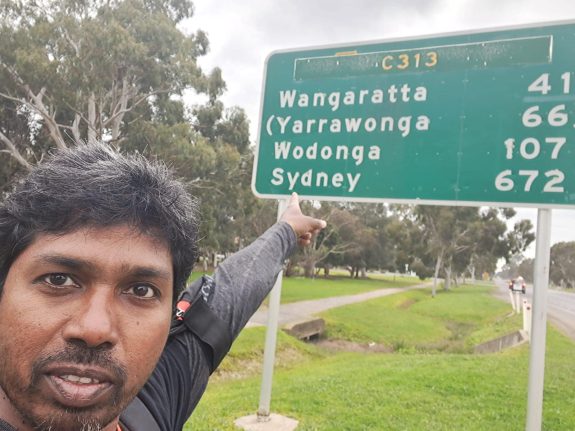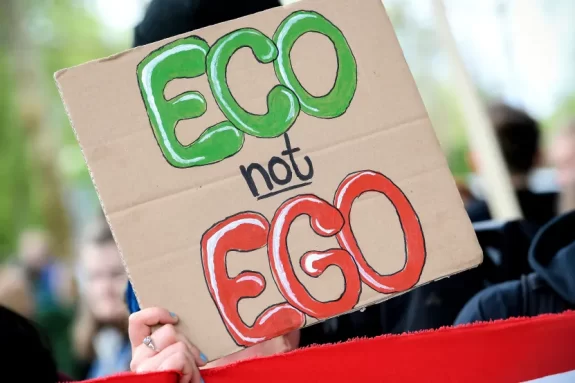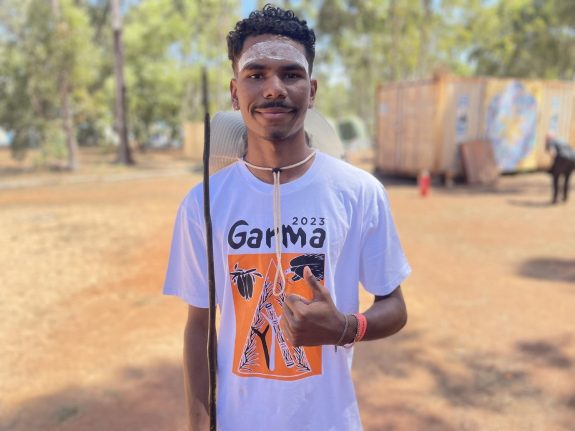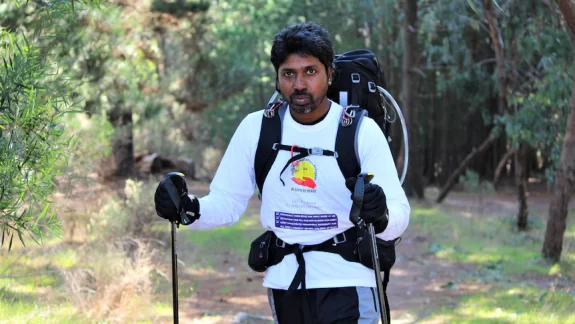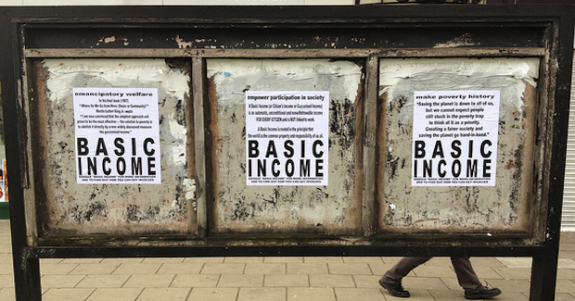Press Release
POWER RETAIL AND THE PURPOSE AGENTS TEAM UP TO LAUNCH LATEST SUSTAINABILITY SPOTLIGHT REPORT TO HIGHLIGHT LEADING ECO RETAILERS AS CONSUMERS CONTINUE TO DEMAND TRANSPARENCY WITH RETAILERS ON THEIR SUSTAINABILITY PRACTICES
A recent Climate Council study showed that 80% of Australians admitted to being affected by an extreme weather event due to climate change, so it’s no surprise that retailers are feeling the pressure to reduce their environmental impact. However, with the rising cost of living and disenchantment around greenwashing, retailers have their work cut out for them when it comes to educating consumers, and earning their long-term trust.
Power Retail, a leading source for Australian e-commerce insights and intelligence, has for a second year running joined forces with The Purpose Agents, to publish a spotlight report that highlights the companies leading the charge on sustainability initiatives in retail. Despite the positive changes by many brands, the report makes a strong call to action for some Australian retailers to revamp their operations and rethink their business models to reduce their environmental impact.
Significant findings from the spotlight report include:
- More than half of Australians (56%) take sustainability into consideration when making purchases.
- Over 69% of Australians believe that the retail industry creates too much waste.
- Whilst majority of Australians (54%) affirm they are willing to pay a premium for sustainable products, with increases in cost of living, unsurprisingly, there was an 8% rise of shoppers who aren’t willing to pay extra for an eco-friendly product.
- Further, 49% of shoppers expressed the likelihood of shopping again with retailers that had sustainability practices they approved of, but 34% of shoppers are unsure of their future shopping preferences, a 5% increase from last year, showing further murkiness in consumer trust and interest around sustainability in retail.

When it comes to sustainable practices, the top three factors impacting consumer purchases were recyclable packaging, animal welfare and transparency.
Taking this a step further, this year’s Sustainability Spotlight showed that 46% of shoppers prefer retailers who are transparent about their sustainable practices, with 44% remaining neutral on the topic showing a growing trend where consumers either care deeply about sustainability or are quite indifferent.
With consumer disenchantment growing, what can be done to bridge the gap between consumer trust and retailer action and education?
This year, to delve deeper, Power Retail surveyed retailers to further understand their efforts in driving a positive impact for people and the planet. The questionnaire covered key topic areas including company ethos, business operations, value chain and business as an agent of change. To inspire further transparency, the report spotlighted a group of retailers who are making great strides in these avenues. The retailers include Modibodi, Michael Hill, Country Road, Adorn Cosmetics, Lenovo, Princess Polly, and Officeworks.
Rosalea Catterson, editor of Power Retail says, “We had a huge response to last year’s report and knew we had to follow it up with something that dives beyond traditional ideas of sustainability. We put out the call and so many brilliant businesses got in touch. This year’s report really showcases the variety of actions companies can take in this realm across a variety of industries. We hope this report can inspire retail leaders to make some positive changes and start thinking long term about their footprint and how to earn the trust of a mix of highly influenced consumers, as well as those who may be more sceptical or are limited by economic constraints.”
So, what does a sustainable retailer look like in 2023 and why should it be at the forefront of businesses’ minds? Through their extensive research and the steps taken by leading retailers in this area, The Purpose Agents and Power Retail have identified six key areas where changes can be made across the retail sector. These include:
Ethical Sourcing and Transparency
In times of rising global inequality and human rights issues affecting global supply chains, treating workers fairly is becoming increasingly and rightfully important. Due to the Modern Slavery Act introduced in 2018 in Australia, which requires businesses to thoroughly trace and report on their efforts to combat modern slavery, it is now a regulatory compliance matter and brands need to manage risks around human rights violations.
As part of their commitment to having a positive impact on people and the planet, Princess Polly, as an example, has developed a framework called “The 5 A’s”. It guides their ethical sourcing through policies and guidelines, assessing risks to workers, addressing all uncovered risks, driving awareness of their ethical sourcing expectations. and accountability for the effectiveness of their program through monitoring and supplier engagement.
Reconciliation with Aboriginal and Torres Strait Islander Communities
According to Reconciliation Australia, “At its heart, reconciliation is about strengthening relationships between Aboriginal and Torres Strait Islander peoples and non-Indigenous peoples, for the benefit of all Australians.”
Businesses are encouraged to be a part of this journey and to commit to tangible outcomes across employment, education, and support for Indigenous communities, in development with the Reconciliation Action Plan.
Currently, over 2,400 organisations in Australia have formalised their commitment to reconciliation through a Reconciliation Action Plan, Modibodi being one of the standouts.
In their company RAP, Modibodi describes their focus to date as coordinating cultural awareness training for employees, inspiring and engaging others to share stories and become involved, and mobilising resources to deliver health and hygiene initiatives to Aboriginal and Torres Strait Islander communities.
Circularity
Around 50% of a product’s carbon footprint comes from creating new raw materials and production, with the end-of-life treatment that comes with a significant emissions impact. This is why, to reduce emissions, it is so important for individuals and companies to reduce waste and ensure the resources they use are being kept in use for as long as possible.
Michael Hill is leading this charge with their new initiative, the “Re:cycle” gold jewellery recycling program, which is part of their new sustainable jewellery ecosystem. This program will focus on the renewal and circularity of existing precious metals and products, and otherwise unused resources. By 2030, their goal is to have all their products 100% sustainable, responsible, or circular.
Driving Systematic Change
Recognizing the Australian fashion sector’s overall impact on climate change, Country Road has set their eyes on giving back. Last November, the company launched the Country Road Climate Fund to build positive outcomes in their value chain and beyond.
Country Road has now broached a critical area of sustainability that many companies are currently slowly starting to dip their toes in – driving system change in their industry that is larger than their own business. Examples include projects that improve energy efficiency in the production of textiles, or projects that provide consumers with accurate data on the emissions intensity of different fashion items, encouraging more sustainable shopping.
Stewardship
Every year, 5,000 to 11,500 tonnes of cosmetic packaging is being sent to landfill in Australia. It is traditionally a complex waste stream – often including plastics, glass, metals, foils, rubber, natural fibres, mirrors, foam, paper, and residual products.
This is where stewardship comes in. It is an environmental management strategy that means whoever designs, sells or uses a product must take responsibility for its environmental impact throughout all the stages of the products’ lifecycle.
This is gaining more traction in Australia, and Adorn Cosmetics is leading this charge, developing their own strategy for resources otherwise going to waste through their refill, return and recycling program. Most of Adorn’s bottles and pots can be refilled via ordering a refill sachet which, according to them, uses up to 90% less plastic than manufacturing more cosmetic packaging. Those refills require less space and therefore also need fewer packing materials for delivery.
Diversity & Inclusion
It is no secret that diversity and inclusion is a key focus for businesses right now and is strongly demanded by a customer base growing ever more conscious of social issues and inequality. While ambitious strategies are sprouting everywhere, the challenge remains taking ambition to action.
In this category, Lenovo has implemented strong action on diversity and inclusion across many aspects of their business, from their team to the product, to how they run their business and into their sphere of influence.
One standout initiative that fosters belonging in its workforce, is Lenovo’s “employee resource groups” (ERGs). In addition to driving education, ERGs form critical stakeholders in the company’s diversity and inclusion efforts and often advise on marketing campaigns that seek to authentically empower diverse audiences, e.g., around the education and use of preferred pronouns in the LGBTQ+ community.
Waste Reduction
Similar to product and material stewardship, waste reduction is high on the agenda of governments globally with regulation incoming on how to manage and reduce waste and emissions across a number of industries.
Officeworks has been a standout on waste management for years, having set an ambitious goal of becoming a zero-waste business by 2025 and driving several projects to achieve these goals.
Within their operations, since 2017, they have increased their recycling rate from 63 to 88 percent (and 90% in the store network), which is an impressive achievement, given most of the retail industry is still sitting around 65%.
Concluding the report, Power Retail and The Purpose Agents shone a light specifically on efforts around waste and emissions reductions, particularly Scope 3 emission.
Making up more than 95% of a retailers’ total emissions output, Scope 3 emissions refer to indirect emissions from a company’s value chain — including impact from materials and production of goods, transportation, the use of products by customers, as well as product end of life.
Anna Forster, Co-Founder of The Purpose Agents speaks to this, “Managing Scope 3 emissions is crucial for retailers looking to reduce their carbon footprint and manage regulatory, supply chain and financial risk. Momentum has been growing in the industry around target setting and measuring of emissions, but action is still lacking.
“Working with supply chain partners, service providers, and other factors such as customers, is essential for achieving reduction goals, as it allows for a shared commitment to sustainability and increased accountability on emissions to enable the implementation of solutions that benefit everyone involved.”
For more information, visit https://powerretail.com.au/resources/sustainability-spotlight/
Like what we do at The AIMN?
You’ll like it even more knowing that your donation will help us to keep up the good fight.
Chuck in a few bucks and see just how far it goes!
Your contribution to help with the running costs of this site will be gratefully accepted.
You can donate through PayPal or credit card via the button below, or donate via bank transfer: BSB: 062500; A/c no: 10495969

